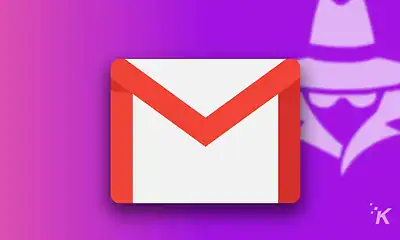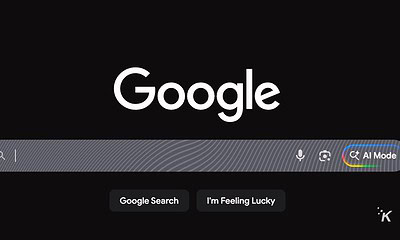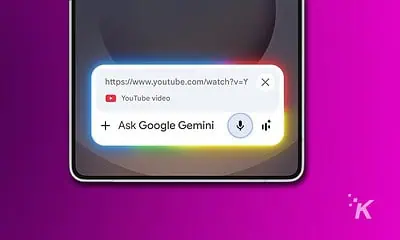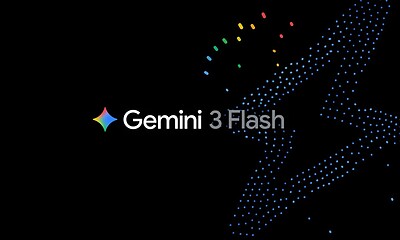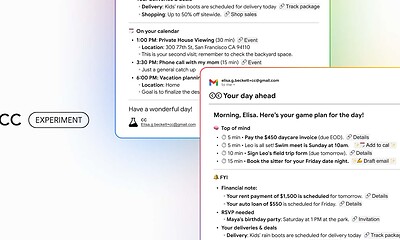People CEO calls Google AI a bad actor built on stolen content
Neil Vogel also happily praised OpenAI and called it a “good actor.”
![[object Object]](https://knowtechie.com/wp-content/uploads/2024/06/google-search.jpg)
Just a heads up, if you buy something through our links, we may get a small share of the sale. It’s one of the ways we keep the lights on here. Click here for more.
At this week’s Fortune Brainstorm Tech conference, Neil Vogel, CEO of People, Inc., took the stage to accuse Google of playing dirty in the AI era.
His charge? The search giant is double-dipping with its web crawler. The same bot that indexes websites for Google Search is also quietly feeding content to Google’s AI features.
“Google has one crawler,” Vogel told the crowd. “They use it for search, which still throws us some traffic, and for AI, where they just steal our content.” (Via: TechCrunch)
This isn’t just sour grapes. Vogel says Google once drove a jaw-dropping 90% of People Inc.’s traffic. Three years ago, that was down to 65%.
Today? The “high 20s.” To be clear, the company isn’t crumbling, as Vogel insists that People Inc. is bigger and richer than ever, but he bristles at Google training its AI with his content while simultaneously siphoning away traffic.
“You cannot take our content to compete with us,” he declared.
So what’s the plan? Vogel wants leverage. His company has embraced Cloudflare’s shiny new “AI crawler blocker,” which politely slams the door on bots that don’t pay up.
That’s already drawn “large LLM providers” to the negotiating table, though no deals are inked yet.
Vogel does have one handshake partner he’s happy to praise: OpenAI, which he called a “good actor.”
The sticking point, of course, is Google. Unlike other AI companies, its crawler can’t be blocked without also nuking the precious 20% of traffic it still delivers.
Vogel accuses Google of intentionally refusing to split its crawler to keep publishers stuck.
He’s not alone. Janice Min of Ankler Media piled on, branding Google and Meta as “content kleptomaniacs,” while Cloudflare CEO Matthew Prince shrugged that copyright lawsuits are basically a fool’s errand.
He predicts Google will eventually pay publishers to crawl their content, but until then, the fight over who gets to feast on publishers’ words rolls on.
For now, Vogel’s message is clear: in the age of AI, publishers aren’t just protecting their turf. They’re looking to turn “stop stealing our stuff” into a new business model.
Is People CEO Neil Vogel right to call Google a “bad actor” for using the same crawler for both search indexing and AI training, or is this just the natural evolution of how search engines operate? Should publishers be able to selectively block AI crawlers while still allowing search indexing, or does Google’s integrated approach make business sense from a technical standpoint? Tell us below in the comments, or reach us via our Twitter or Facebook.















